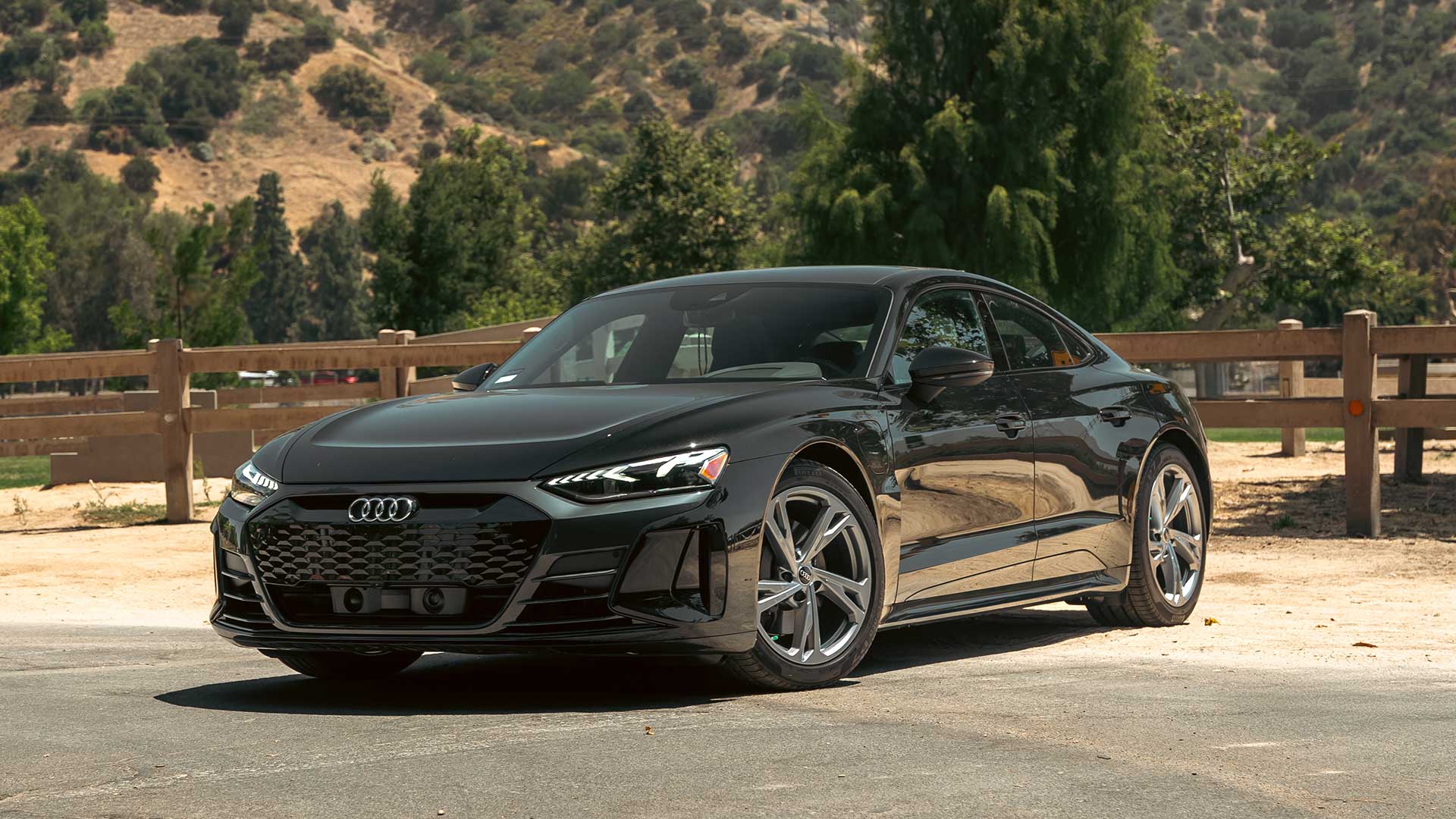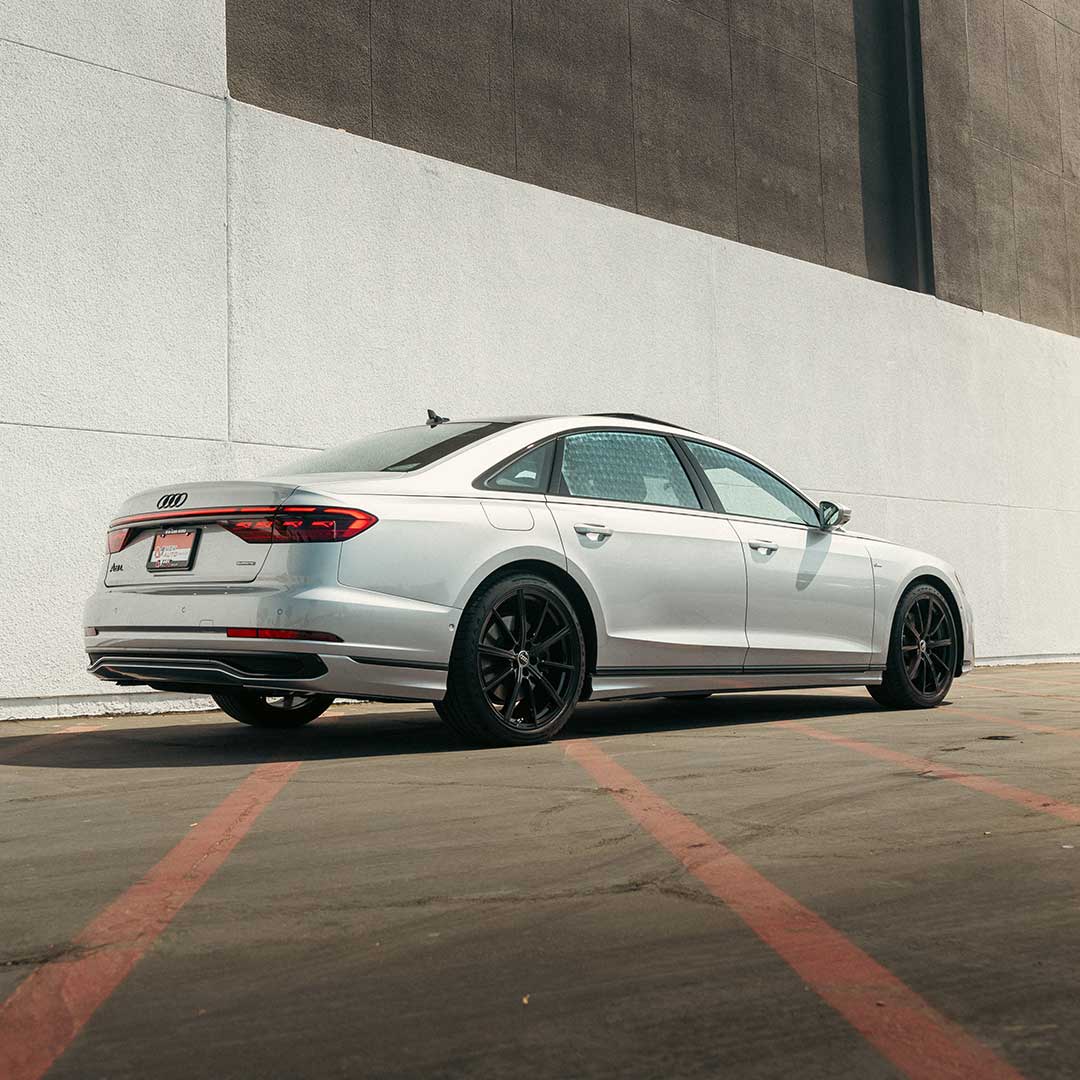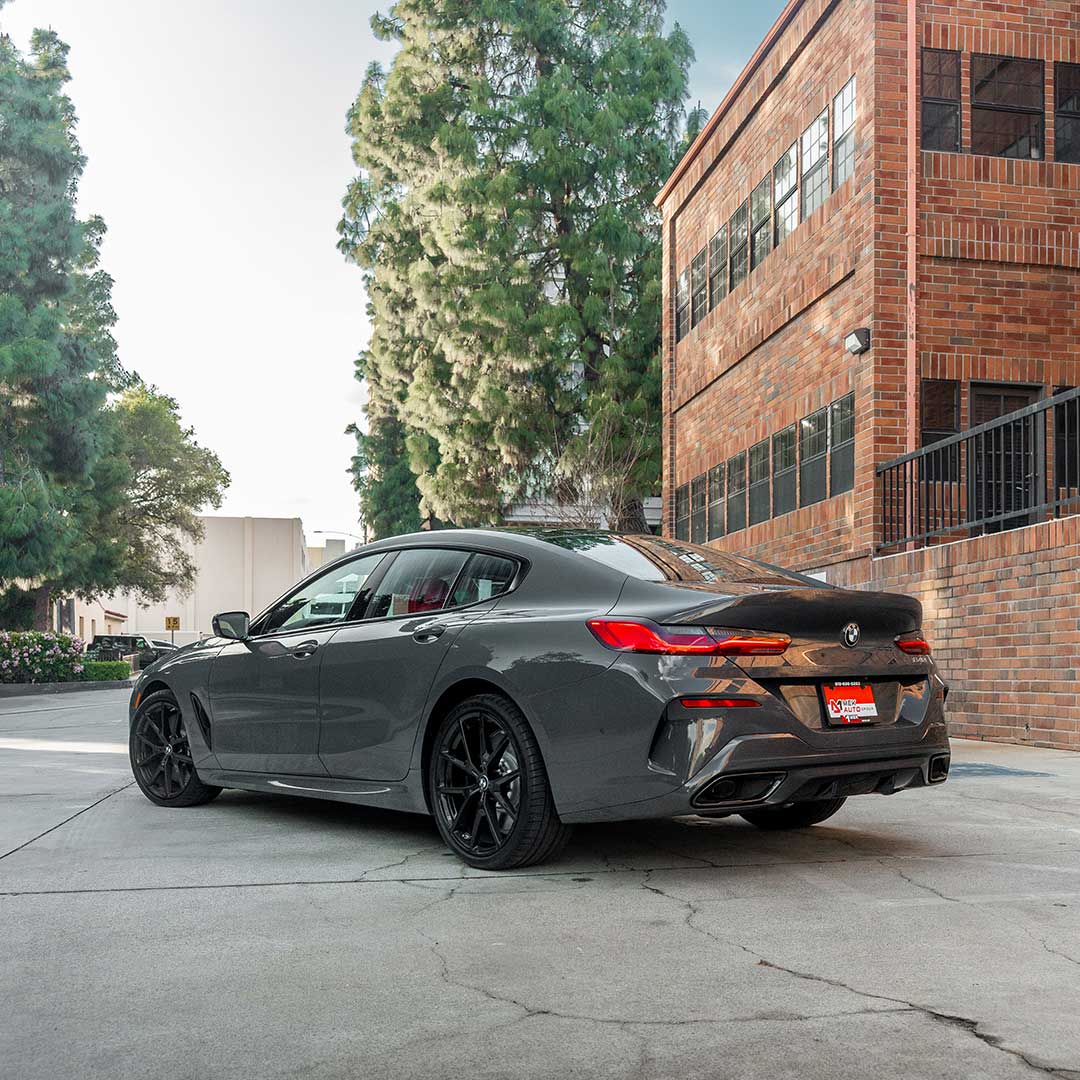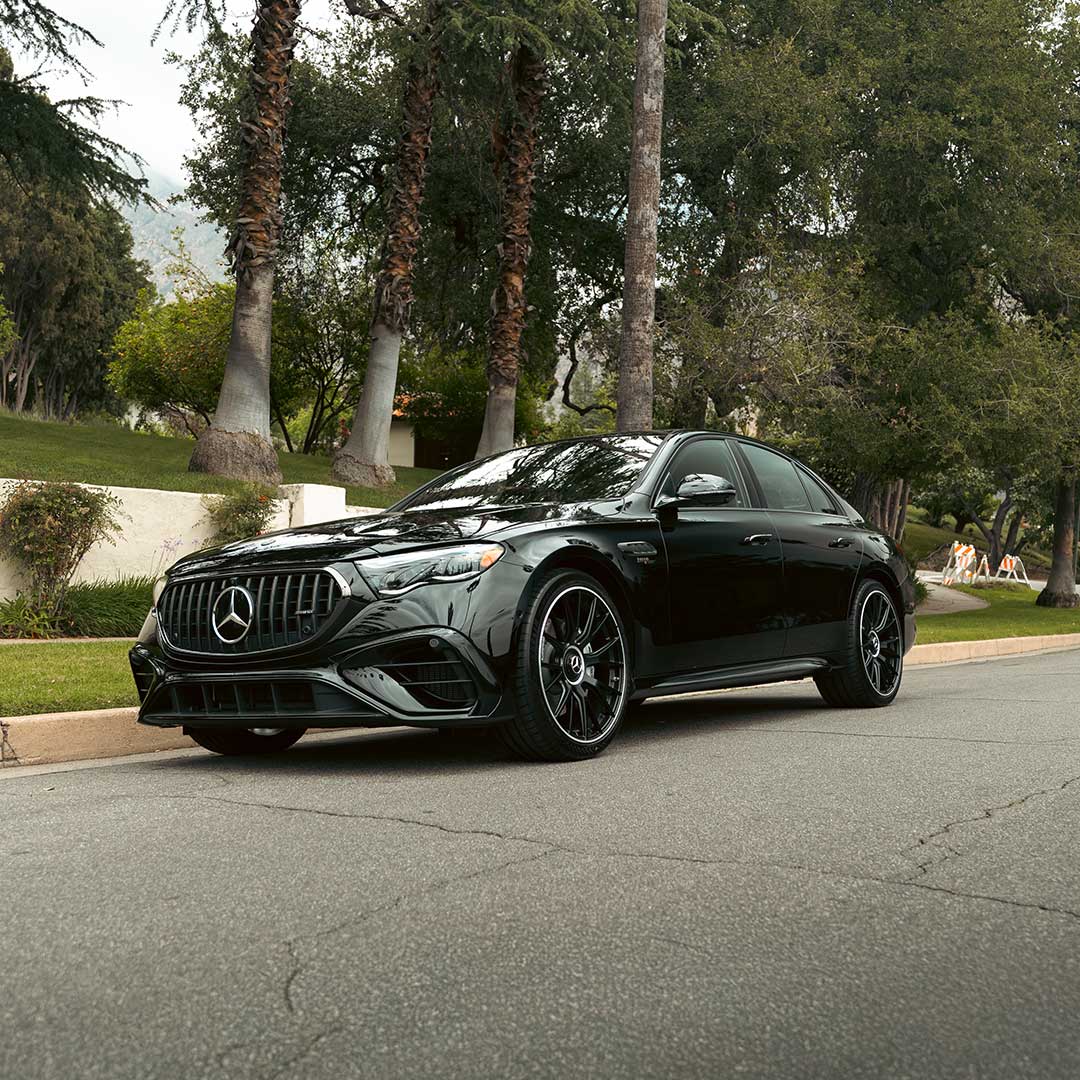Car Leasing Guide 2025: How to Lease a New Car
The 2025 car leasing market presents an extraordinary opportunity for drivers shopping for a new car. Record-breaking EV incentives, shifting consumer preferences, and recovering supply chains have created a perfect storm of favorable leasing conditions. Federal EV tax credits are still available through September 30, 2025, making this a critical window for leasing an electric vehicle.
This year stands out as uniquely advantageous for leasing. Policy changes at both federal and state levels and stabilizing market dynamics after years of pandemic-related disruption have aligned to create exceptional value for those looking to lease a new car. The global car leasing market is projected to grow by $55.3 billion between 2025 and 2029, driven by consumer demand for flexibility and access to the latest technology.
As experienced auto brokers serving Los Angeles County, we’ve navigated these complex market conditions to secure the best possible lease deals for our clients. Working with us, you can skip the long hours at the dealership and gain access to over a hundred pre-negotiated lease deals that the average consumer simply can’t access.
In this guide, we’ll cover everything you need to know about leasing a car in 2025, from understanding the current market climate to getting into a new vehicle without the headache and stress.

2025 Car Lease Market Landscape
Current Market Conditions
Today, the leased car market presents several key trends that directly impact your monthly payments and overall experience. Money factors have shown more stability compared to the volatile swings we saw in 2021 and 2022, creating predictable payment structures.
Manufacturer incentive programs aren’t new, but they make a much more noticeable impact on payments. For example, BMW’s Loyalty Credit program offers up to $1,000 for existing BMW owners or lessees, reducing monthly payments by $30 or more on select models. Some manufacturers even honor Costco’s Auto Program, which can save you $1,500-2,000 on select vehicles. These incentives are also able to be combined with other manufacturer incentives, so long as you qualify for them; such as military and college grad discounts.
The recovery of supply chain issues have also dramatically improved vehicle availability and pricing. The shortages and price spikes that characterized the post-COVID era have largely resolved, returning inventory to pre-pandemic levels. This means longer lease terms are available again, and residual values have stabilized and are more predictable.
LA-Specific Market Dynamics
The EV mandates put in place by California’s government continue to influence the local market, though the latest data does show a decline in electric vehicle sales in 2025. Despite federal policy changes that revoked California’s emission waivers, the state’s infrastructure and consumer preferences still favor EV adoption.
Leased cars in California enjoy specific advantages regarding smog check requirements. The DMV requires smog checks every two years during registration renewal, but because leased cars are typically brand new and don’t fall into the DMV’s requirements, you won’t need to worry about smog inspections.
Because of the supply chain recovery, local dealers in Los Angeles County have plenty of cars on their lots. Premium and luxury availability has improved significantly, while mainstream segments show robust inventory levels across most popular manufacturers. This in turn gives you more leverage and negotiating power to better lease terms.
EV Leasing Revolution
One of the most significant advantages of leasing an EV car in 2025 is still federal tax credit pass-through, though time is running out. The $7,500 federal credit can be applied directly to your lease, effectively reducing your monthly payment by $200-$250 over a typical 36-month lease term. That said, this benefit is set to expire on September 30, 2025, so if you’re in the market for an EV, there’s no better time than now to get into a new car.
Even with the steady decline in EV sales, LA County is still showing strong interest in the segment, mostly due to favorable pricing structures and the above incentive. Plus, being able to access HOV lanes solo and stack CA rebate programs with the federal incentive is a nice bonus. How the market shifts after September, only time will tell.
Our Take: EV cars won’t disappear. Sure, adoption might slow down but there’s no guarantee that federal tax credits won’t reappear. These things are linked to political agendas after all, and automakers have committed to producing electric cars, at least for the foreseeable future.
Step-by-Step 2025 Car Leasing Process
Pre-Shopping Preparation
Credit score optimization remains the foundation of securing favorable lease terms. Money factors are typically reserved for borrowers with credit scores above 700, though we work with clients across the credit spectrum to find suitable options. Review your credit report, address any errors, and consider paying down existing debt to improve your score before applying.
Budget determination requires careful consideration of 2025 market conditions. Use our car affordability calculator to establish realistic monthly payment targets that account for insurance, registration, and maintenance costs. Factor in potential fuel savings if considering an electric vehicle, as these can offset higher monthly payments.
Understanding lease terminology and calculations empowers you to evaluate offers effectively. Our frequently asked questions section covers essential terms like money factor, residual value, and capitalized cost reduction. Additionally, our car lease calculator allows you to estimate payments based on different scenarios.
Research manufacturer incentives and seasonal promotions, or leverage our lease specials page for pre-negotiated deals. Our relationships with dealers throughout Los Angeles County provide access to exclusive offers that aren’t available to the general public.

Choosing the Right Car
Matching your lifestyle needs with available models requires careful consideration of your driving patterns, parking situation, and preferences. Our car finder quiz helps identify vehicles that align with your specific requirements, from compact cars perfect for city driving to SUVs ideal for family needs.
Timing your lease around model year transitions can yield significant savings. New model year vehicles typically offer better lease terms due to higher residual values, while outgoing models may feature substantial cash incentives. We monitor these cycles and advise clients on optimal timing for their specific vehicle preferences.
Understanding residual value implications affects both your monthly payment and end-of-lease options. Vehicles with higher residual values generally offer lower monthly payments but may have less favorable purchase options at lease end. Conversely, lower residual values mean higher monthly payments but potentially better buyout opportunities.

Connect with the Right People
Skip the dealership entirely and work directly with our team of experienced auto brokers. Dealerships are designed to maximize profit per transaction, often through extended negotiations, add-on products, and financing markups. Our streamlined process eliminates these friction points while securing better terms.
Our access to dealer-only incentives provides advantages that individual consumers cannot obtain. Fleet pricing, dealer cash programs, and volume discounts are typically reserved for high-volume purchasers. As established auto brokers in the Los Angeles market, we qualify for these programs and pass the savings directly to our clients.
Pre-negotiated fleet pricing eliminates the time-consuming negotiation process while ensuring you receive competitive terms. We’ve already established relationships with dealers throughout LA County, securing favorable pricing that reflects our buying power rather than individual transaction negotiations.
Time savings in the digital age means you can complete most of your lease transaction remotely. Our digital platform allows you to review options, submit applications, and finalize paperwork without ever stepping into the dealership.

Financial Considerations
Understanding money factor versus APR helps you evaluate lease offers accurately. Money factors are expressed as decimals (e.g., 0.00125) and can be converted to APR by multiplying by 2400. A money factor of 0.00125 equals a 3.0% APR, allowing you to compare lease financing costs with traditional auto loans.
Down payment impact on monthly costs varies significantly in leasing compared to financing. While larger down payments reduce monthly payments, they also increase your risk if the vehicle is totaled or stolen early in the lease term. We typically recommend our clients put minimal down payments to preserve cash flow and reduce risk. The average minimal down payment is around $1,000 to $2,000, though zero-down options are available.
Tax implications include sales tax on monthly payments rather than the full vehicle price, providing immediate cash flow benefits. California charges sales tax on lease payments, registration fees, and any capitalized cost reduction (down payment). Gap coverage, while optional, protects against the difference between insurance payouts and lease obligations if the vehicle is totaled.
Residual value versus market value assessment becomes crucial as your lease approaches maturity. If the vehicle’s market value exceeds the residual value, you may have equity that can be extracted. Conversely, if market value is below residual value, returning the vehicle is typically the better financial decision.
Legal and Regulatory Updates
Smog check requirements for leased vehicles follow the same schedule as owned vehicles, with checks required every two years for most gasoline-powered cars eight years and older. However, because you’re leasing a brand new vehicle, you’ll never have to worry about smog inspections since it is exempt from the DMV’s requirements. Even with the longest available lease term and an end-of-lease extensions, you won’t reach the eight year old requirement.
California’s Lemon Law provides identical protections for leased vehicles as purchased cars. If your leased vehicle has significant defects that cannot be repaired after a number of reasonable attempts, you’re entitled to replacement or compensation. This protection applies to both new and used vehicles leased with manufacturer warranties.
Registration and documentation requirements for leased vehicles include specific procedures for title handling and renewal processes. The leasing company typically handles initial registration, but you’re responsible for renewal notices and ensuring current registration.
Common Leasing Mistakes to Avoid
Overestimating mileage needs in the post-pandemic era reflects outdated driving patterns. Many clients request high-mileage leases based on pre-2020 commuting habits, unnecessarily inflating monthly payments. Evaluate your current driving patterns realistically, considering remote work arrangements and changed lifestyle patterns.
Pro-Tip: Use our lease mileage allowance calculator to project your lease-end mileage.
Ignoring EV infrastructure planning can lead to lease satisfaction issues. Before leasing an electric vehicle, assess your charging options at home, work, and frequently visited locations. Range anxiety often stems from inadequate charging planning rather than actual vehicle limitations.
Focusing solely on monthly payment without considering total lease cost can result in poor financial decisions. Lower monthly payments achieved through longer terms or higher down payments may increase your total cost of ownership. Evaluate the complete financial picture, including taxes, fees, and opportunity costs.
Neglecting end-of-lease planning creates unnecessary stress and potential financial exposure. Begin planning your lease-end strategy 6-12 months before maturity. This timeline allows for proper vehicle maintenance, exploring purchase options, and arranging replacement transportation without rushed decisions.
Choosing wrong lease term length affects both monthly payments and flexibility. While longer terms reduce monthly payments, they also increase total interest costs and reduce your ability to adapt to changing needs. Consider your likely vehicle needs throughout the lease term, not just current requirements.
Bottom Line
2025 presents exceptional opportunities for car leasing in Los Angeles, driven by favorable market conditions, manufacturer incentives, and the final months of federal EV tax credit availability. The combination of stabilized supply chains, competitive money factors, and unprecedented manufacturer programs creates a unique window for securing advantageous lease terms.
Acting before September 30, 2025, is crucial for electric vehicle leasing, as federal tax credit elimination will fundamentally change EV lease economics. Traditional gasoline vehicles also benefit from current market conditions, with improved inventory levels and competitive pricing across all segments.
Our role as experienced auto brokers simplifies this complex landscape, providing access to dealer-only incentives, pre-negotiated pricing, and streamlined processes that save time and money. Rather than navigating multiple dealerships and complex negotiations, you can focus on selecting the right vehicle while we handle the financial and logistical details.
Ready to explore your 2025 leasing options? Contact our team today for a personalized consultation and discover how we can secure the best possible lease terms for your specific needs.
Frequently Asked Questions
How much does it cost to lease a car in 2025?
Lease costs in 2025 vary significantly based on vehicle type, credit score, and lease terms. Entry-level compact cars can lease for $200-300 per month, while luxury vehicles range from $400-800 monthly. Electric vehicles often provide the best value due to federal tax credit pass-through, effectively reducing monthly payments by $200-250. We help clients find options that fit their budget and lifestyle needs.
Is it better to lease or buy a car in 2025?
Leasing often provides better value in 2025 due to high interest rates on auto loans and strong manufacturer incentives for leases. Leasing works best if you prefer driving newer vehicles, want predictable monthly costs, and drive less than 15,000 miles annually. Buying makes sense if you plan to keep the vehicle long-term, drive high mileage, or want to build equity. We help evaluate both options based on your specific situation.
What credit score do I need to lease a car in 2025?
Most lessors prefer credit scores above 700 for the best lease terms, though we work with clients across the credit spectrum. Scores between 650-699 typically qualify for standard lease programs with slightly higher money factors. Scores below 650 may require larger down payments or co-signers. As auto brokers, we have relationships with multiple lenders, increasing approval odds for clients with varied credit profiles.
Can I lease an electric vehicle in 2025?
Yes, electric vehicle leasing remains highly advantageous through September 30, 2025, when federal tax credits expire. The $7,500 federal credit can be applied directly to your lease, significantly reducing monthly payments. California also offers additional rebates for EV leases. Popular options include the BMW i4, Audi e-tron models and the EQ models from Mercedes-Benz. We help navigate the complex incentive landscape to maximize your savings.
What happens at the end of my lease in 2025?
At lease end, you have three options: return the vehicle, purchase it for the predetermined residual value, or lease a new vehicle. We help evaluate which option provides the best financial outcome based on the vehicle's current market value, your satisfaction with the car, and your future transportation needs. Planning this decision 6-12 months before lease maturity ensures the best outcome.
How does working with an auto broker save money on leases?
Auto brokers provide access to dealer-only incentives, pre-negotiated fleet pricing, and volume discounts not available to individual consumers. We eliminate dealership markup and add-on products while securing better lease terms through our established relationships. Our clients typically save $50-150 per month compared to dealership negotiations, plus countless hours of research and negotiation time.
Resources and Tools
Lease Calculators and Financial Tools
- Complete Calculator Suite – Lease payment calculators, affordability tools, and payment comparison utilities
- Car Lease Calculator – Estimate monthly payments based on vehicle price, down payment, and lease terms
- Car Affordability Calculator – Determine realistic budget parameters for your lease decision
DMV and Registration Resources
- California DMV Vehicle Registration Information
- Lemon Law Resources and Consumer Protection Information
Contact our team today to start your 2025 car leasing journey with confidence and expert guidance.
